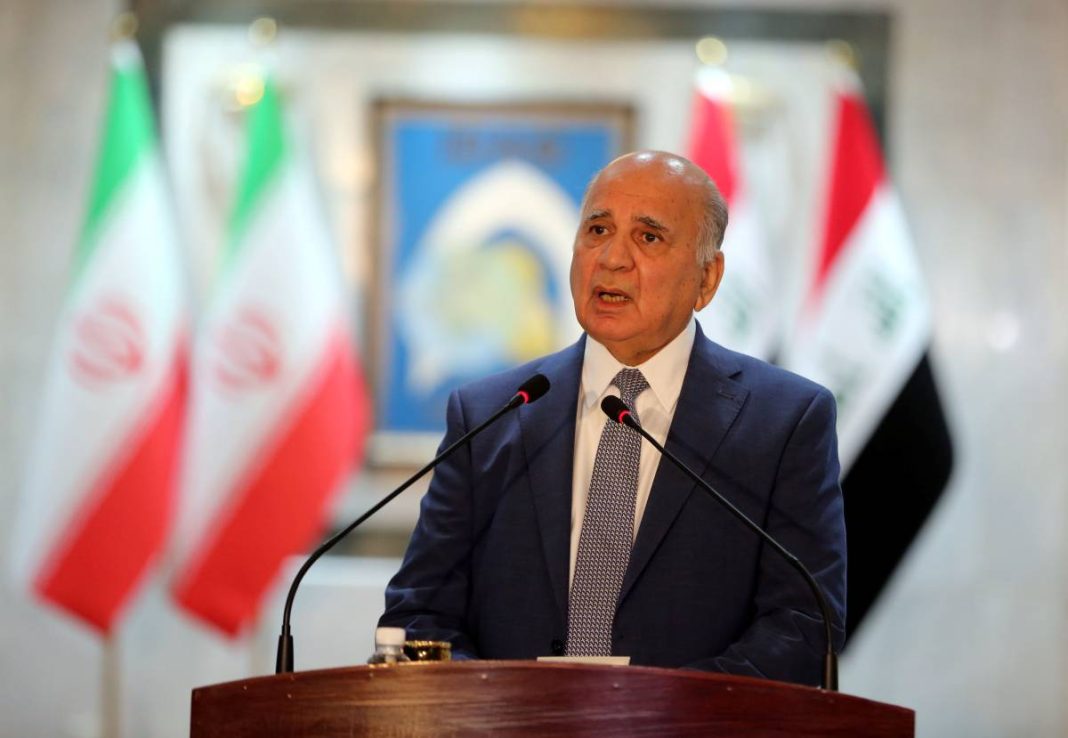The minister made the remarks in an exclusive interview with Alhurra satellite TV channel on the sidelines of the 78th session of the United Nations General Assembly in New York.
The top Iraqi diplomat went on to highlight the political and security aspects of the pact, stating that Iran’s cessation of artillery bombardments on the positions of secessionist groups in the Kurdistan region was among the conditions of the agreement.
Iraq, in return, is obligated to remove armed elements from border areas. The central government in Baghdad and the Kurdistan Regional Government (KRG) have managed to successfully undertake the task, Hussein noted.
Chief of General Staff of Iran’s Armed Forces, Major General Mohammad Hossein Baqeri, has said Tehran has given Iraq several more days to fully implement the March agreement to relocate and disarm anti-Iran groups.
He added that the agreement stipulated that such groups be disarmed by September 19, but this has not happened yet.
“What happened during this six-month respite was that [they] just distanced a bit from the borders of our country,” he stated while thanking the Iraqi government for its efforts to disarm the separatists.
The presence of Kurdish terrorist groups, including the Kurdistan Democratic Party, Komala, Kurdistan Free Life Party, and the Kurdistan Freedom Party, has been a source of tension between Iran and Iraq for years, with these groups often carrying out terrorist attacks on Iranian soil.
Following last year’s riots, triggered by the death of Iranian woman Mahsa Amini, these groups intensified their subversive operations against Iran and smuggled weapons to their local agents.
That prompted Iran to push Iraq to put an end to terrorist activities of the anti-Iran groups, leading to the March agreement.
